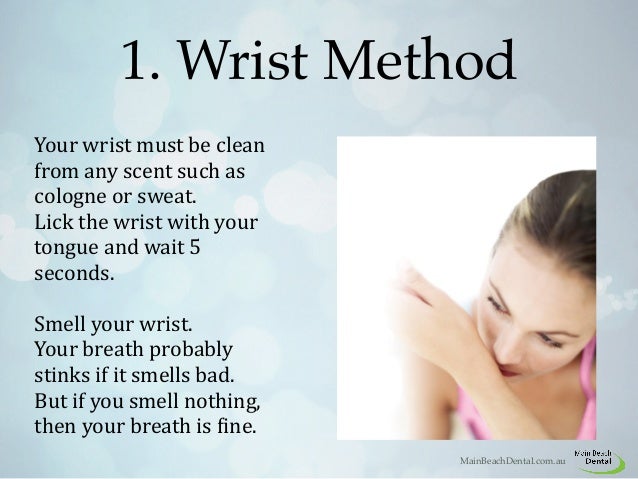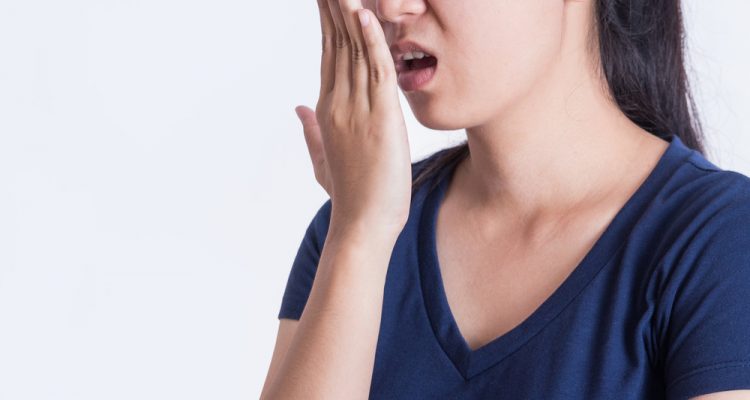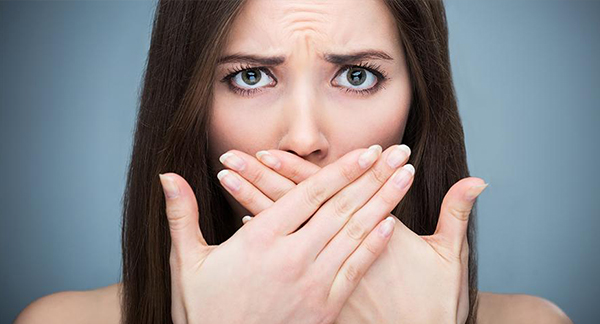
Bad breath, also known as halitosis, is an embarrassing and unpleasant condition that affects many people. It can be caused by a variety of factors, such as poor oral hygiene, certain foods and drinks, and underlying medical conditions. In this article, we will explore the common causes of bad breath and what you can do to prevent it.
Poor Oral Hygiene

One of the most common causes of bad breath is poor oral hygiene. If you don't brush and floss your teeth regularly, food particles can get stuck in between your teeth and gums, leading to the growth of bacteria that produce foul-smelling gases. Tongue bacteria are also a common culprit of bad breath. Therefore, it is essential to brush your teeth twice a day, floss once a day, and scrape your tongue regularly to remove bacteria and food particles that can cause bad breath.
Dry Mouth

Another cause of bad breath is dry mouth or xerostomia. Saliva is essential in washing away food particles and neutralizing acids produced by bacteria in the mouth. When your mouth is dry, bacteria can thrive, leading to bad breath. Dry mouth can be caused by several factors, such as medications, dehydration, and certain medical conditions. To prevent dry mouth, you can drink plenty of water, chew gum, and avoid alcohol and tobacco products that can dry out your mouth.
Food and Drinks

Certain foods and drinks can also cause bad breath. Foods that are high in protein, such as meat and cheese, can produce sulfur compounds that can lead to bad breath. Garlic and onions are also known to cause bad breath because they contain sulfur compounds that are absorbed into the bloodstream and carried to the lungs, where they are exhaled. Coffee and alcohol can also contribute to bad breath by drying out your mouth and promoting bacterial growth.
Medical Conditions

Bad breath can also be a symptom of underlying medical conditions, such as respiratory infections, liver or kidney disease, and diabetes. These conditions can cause a build-up of toxins in the body, leading to bad breath. If you have chronic bad breath that is not resolved by good oral hygiene, you should consult your doctor to rule out any underlying medical conditions.
Prevention Tips

There are several things you can do to prevent bad breath, such as:
- Brushing your teeth twice a day for two minutes each time
- Flossing once a day to remove food particles from between your teeth
- Scraping your tongue regularly to remove bacteria and food particles
- Drinking plenty of water to keep your mouth moist
- Avoiding foods and drinks that can cause bad breath, such as garlic, onions, alcohol, and coffee
- Chewing sugarless gum to stimulate saliva production
- Using mouthwash to kill bacteria and freshen your breath
Conclusion
Bad breath can be an embarrassing and unpleasant condition, but it is usually preventable with good oral hygiene and healthy habits. If you have chronic bad breath that is not resolved by these measures, you should consult your doctor to rule out any underlying medical conditions. By taking care of your oral health and making healthy lifestyle choices, you can keep your breath smelling fresh and clean.